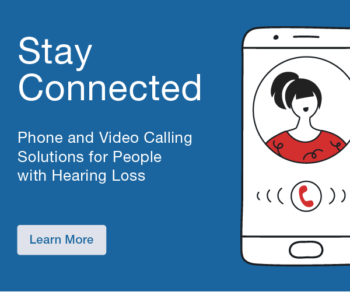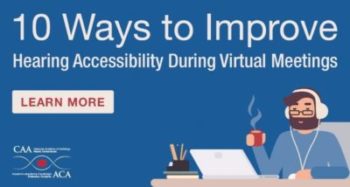Effects of deafness and hearing loss extend beyond the auditory system and can involve changes to visual ability to compensate for auditory deprivation. In cases of deafness, research has shown that visual abilities can improve through cross-modal plasticity, where the brain repurposes auditory cortical neurons for visual functions. However, it is unclear whether similar visual changes occur in more common cases of hearing loss, such as age-related hearing loss, which often progresses gradually and does not necessarily result in complete loss of auditory input.
In this talk, I will discuss visual brain responses and perception in adults with age-related hearing loss. I will present several studies that use perceptual tests, electroencephalography (EEG), and eye-tracking methods to address three questions: (1) Is there evidence of visual plasticity in age-related hearing loss? (2) Are vision-related behaviors affected in age-related hearing loss? (3) What are the consequences of visual compensation for speech and communication? Finally, I will consider the implications of this research for rehabilitation and accessibility.
Learning Objectives:
- Learn how researchers are leveraging physiological methods to study visual plasticity and visual compensation in hearing loss
- Understand similarities and differences in visual compensation between deaf individuals, cochlear-implant users, and age-related hearing loss
- Describe the effects of compensatory visual plasticity on speech(-in-noise) perception.



